Discussing the challenge of coming up with new material, "Seinfeld explained his method for success: each January, he hangs a large Year-At-A-Glance calendar on his wall. For every day he wrote new material, he had the exquisite pleasure that can only come from drawing a big red "X" over that day."
0 Comments
Some other planner systems that might appeal to you are the Passion Planner and Planner Pads. We won't be talking about them specifically but you can click through to the links to learn more.
What an eye-opening statement from Angel Borja, established scientist, and experienced reviewer and editor.
In this post, we'll summarize some key writing tips aimed at strengthening your argument. We'll also think about what peer reviewers and editors are looking for in a submitted manuscript. All of these tips build strongly upon what we've discussed in the #EpiWritingChallenge so far - keeping it simple, writing clearly, getting to the point, etc. With that being said, I'll get to the point.
Take the guesswork out of your head and speak aloud, and typing as you speak.
If this feels silly, or if you’re feeling overly influenced by seeing your text on the screen, then cover the screen and type blindly.
On Day 3 of the challenge (Read Before You Write), we talked about reading before you write. Many of the #EpiWritingChallenge participants were excited that reading counts as writing and they shared tips on how you stay on top of your reading piles.
Dr. Bill Miller pointed out the flip-side of challenging reads: it's not that the content is necessarily complicated, but that it is likely poorly written.
Is that how you feel, too? Or do you start with an outline every time you write?
No matter which camp you're in - or even if you're straddling both sides - let's go through the basics of using an outline to plan your writing so you can make an educated decision.
By the way, if you haven't jumped on the Grammarly train yet, you're really missing out. The plug-in is easy to use, and not-in-the-way. It's helped me improved my writing on every platform I type on (which is all of them).
Check it out here and at @Grammarly on Twitter.
Never stop learning, never stop reading.
Today we're talking about scheduling time for writing and making space for writing - both to improve productivity and to create a new habit. Let's jump in.
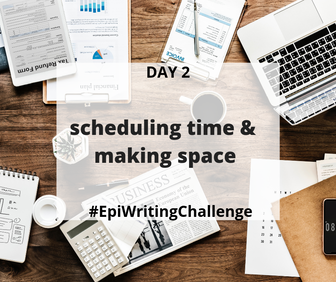
Creating a new habit takes time, and with something like writing, it’s particularly effective to take advantage of your most productive time of day.
We often kickstart our mornings by checking our emails (here’s 7 reasons why you shouldn’t start your day with that) but if you’re a morning person, blocking off time to write would be better use of your time.
Goals for writing challenges often fall in one of several types:
You may have an overall objective of finishing your dissertation, or a large project, or making time in your daily schedule to improve your writing. All of these can be broken down into SMART goals. The first #EpiWritingChallenge occurred in November 2018. All 20 days are documented here as blog posts, and have been edited to be applicable beyond the challenge. Learn more about the #EpiWritingChallenge here. |
popular postsLike what you read?
categories
All
archives
July 2024
This website uses marketing and tracking technologies. Opting out of this will opt you out of all cookies, except for those needed to run the website. Note that some products may not work as well without tracking cookies. Opt Out of Cookies |
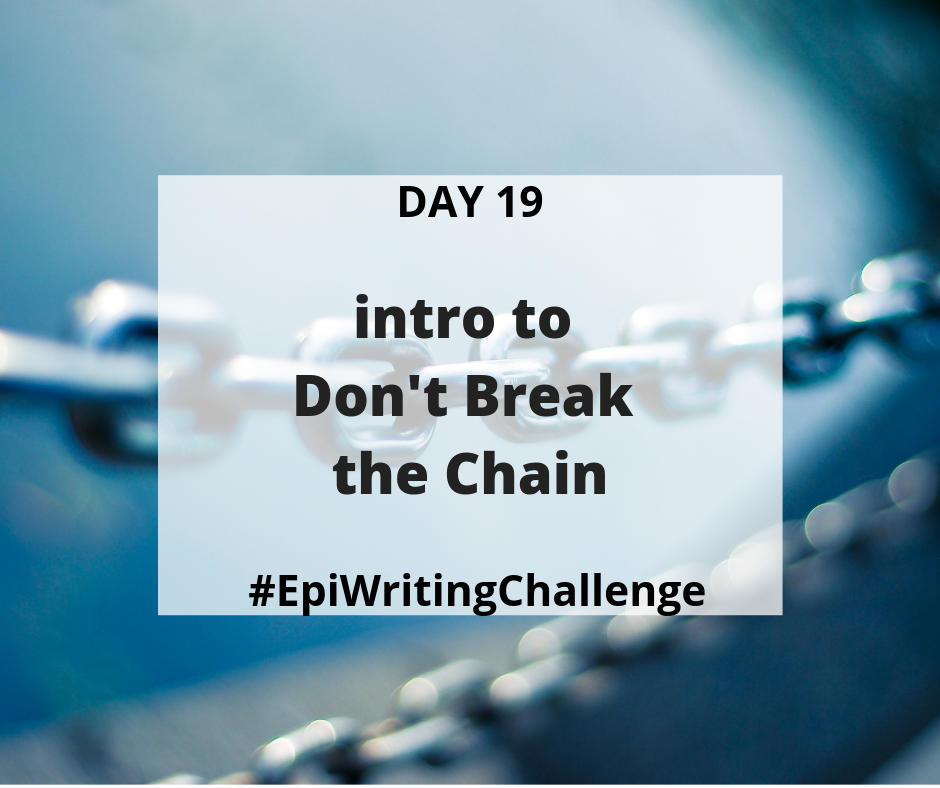
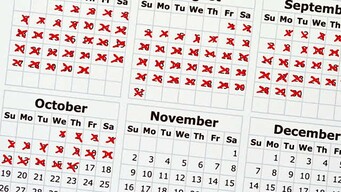
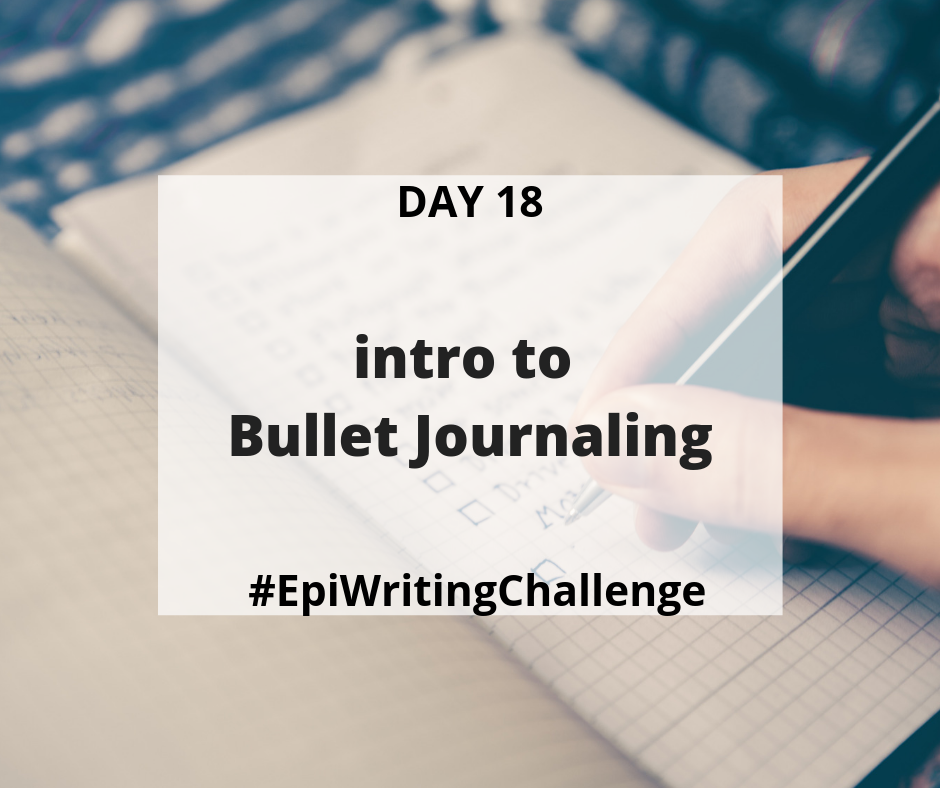
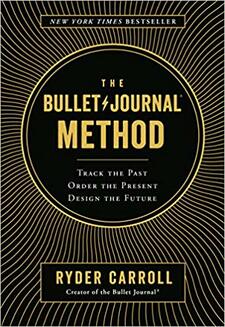
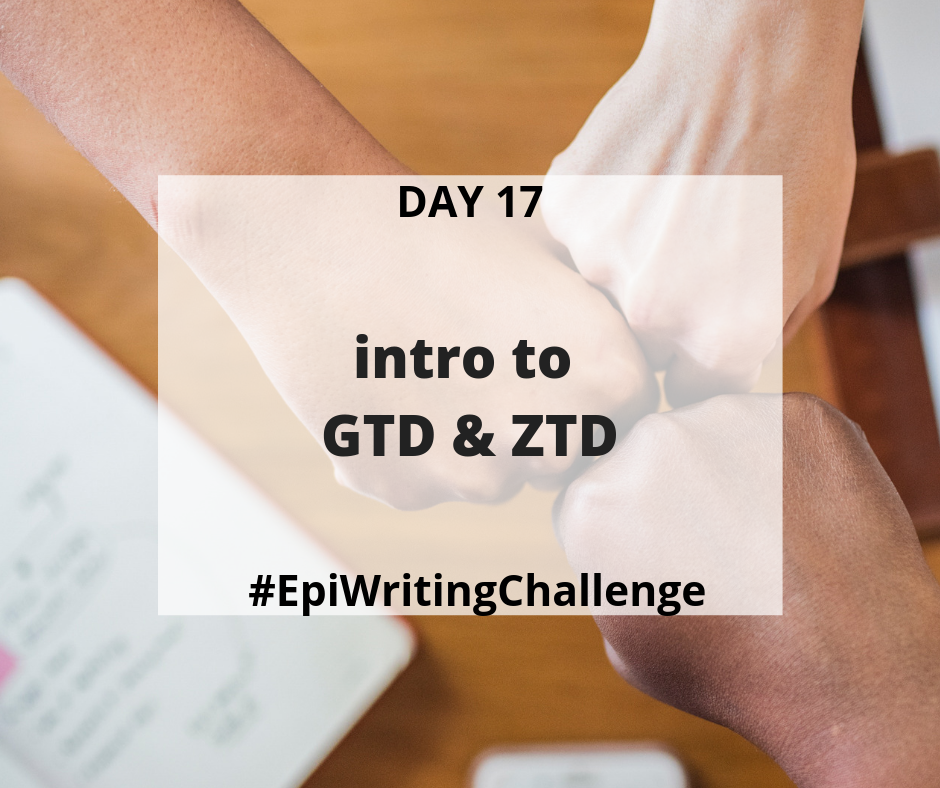
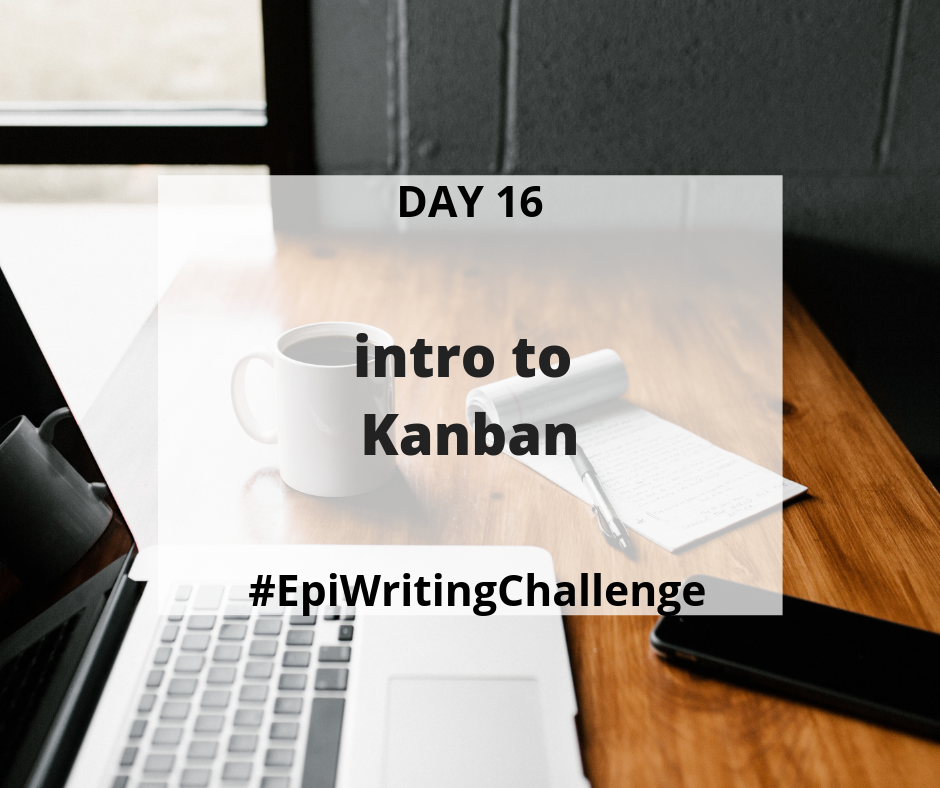
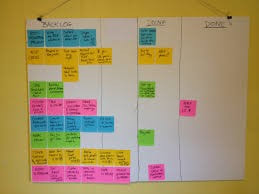
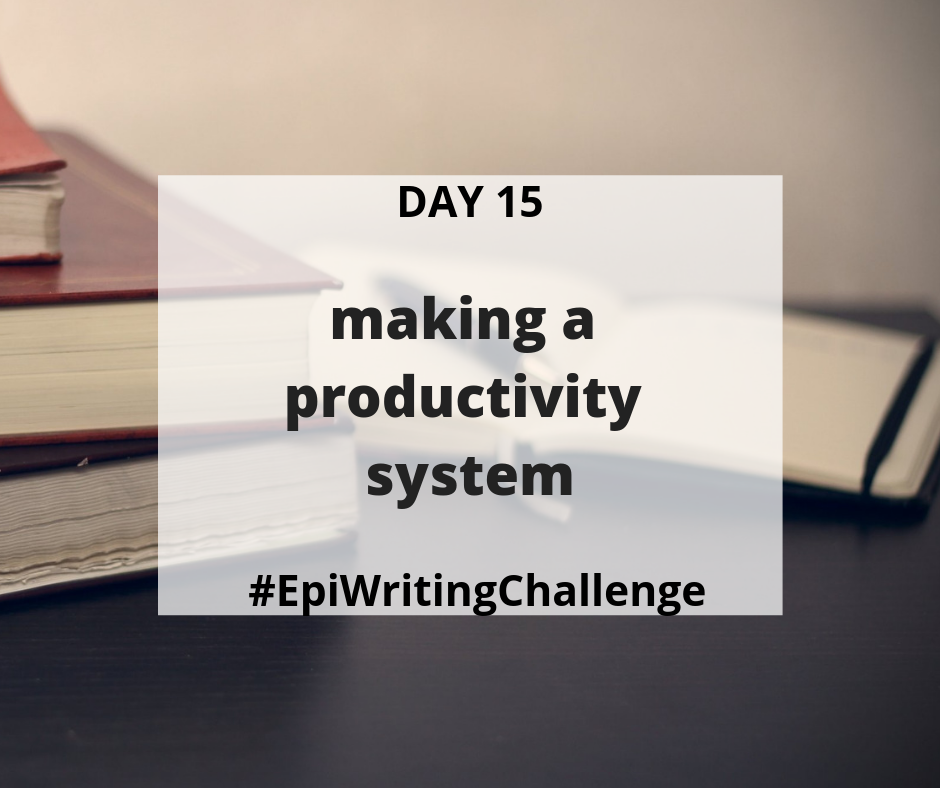
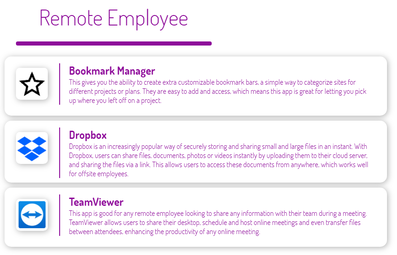
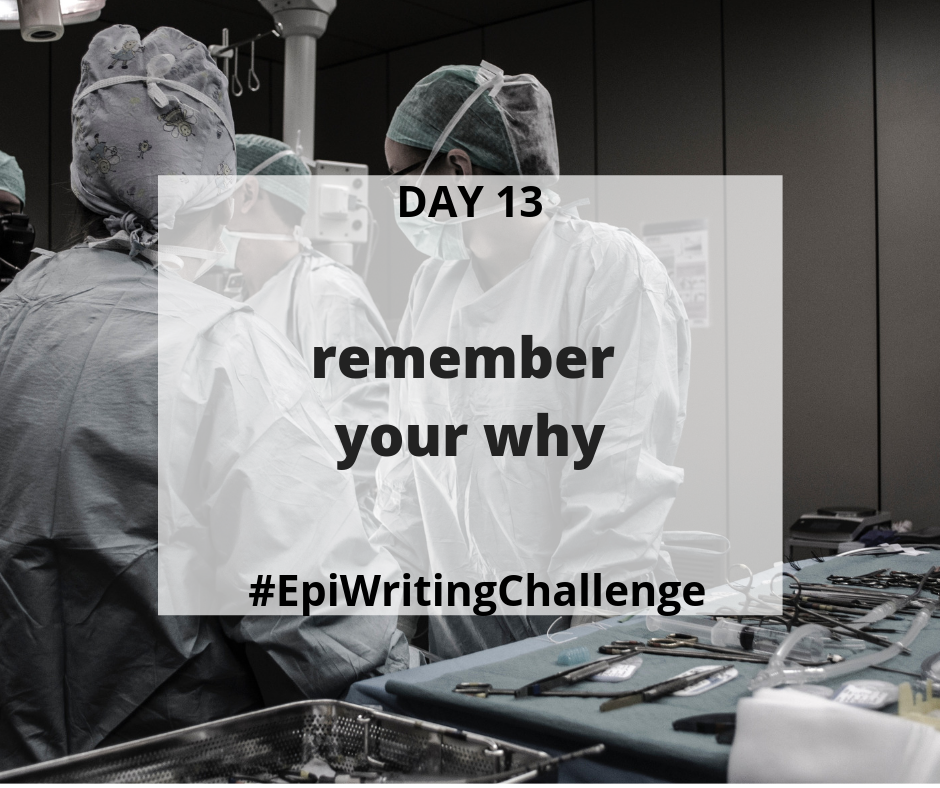
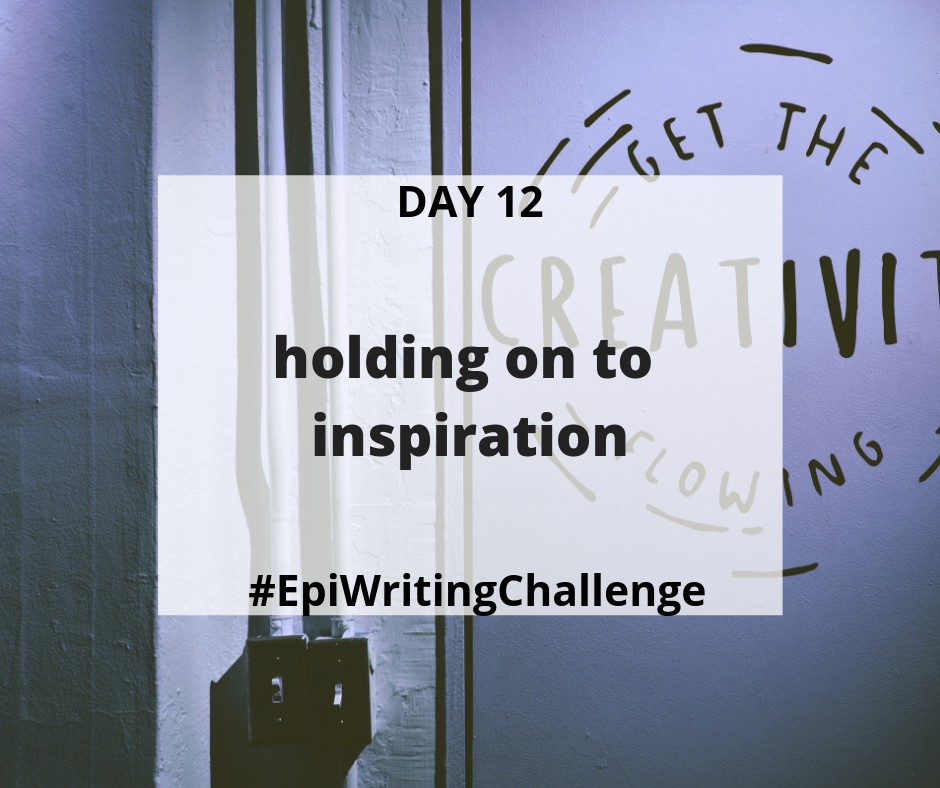
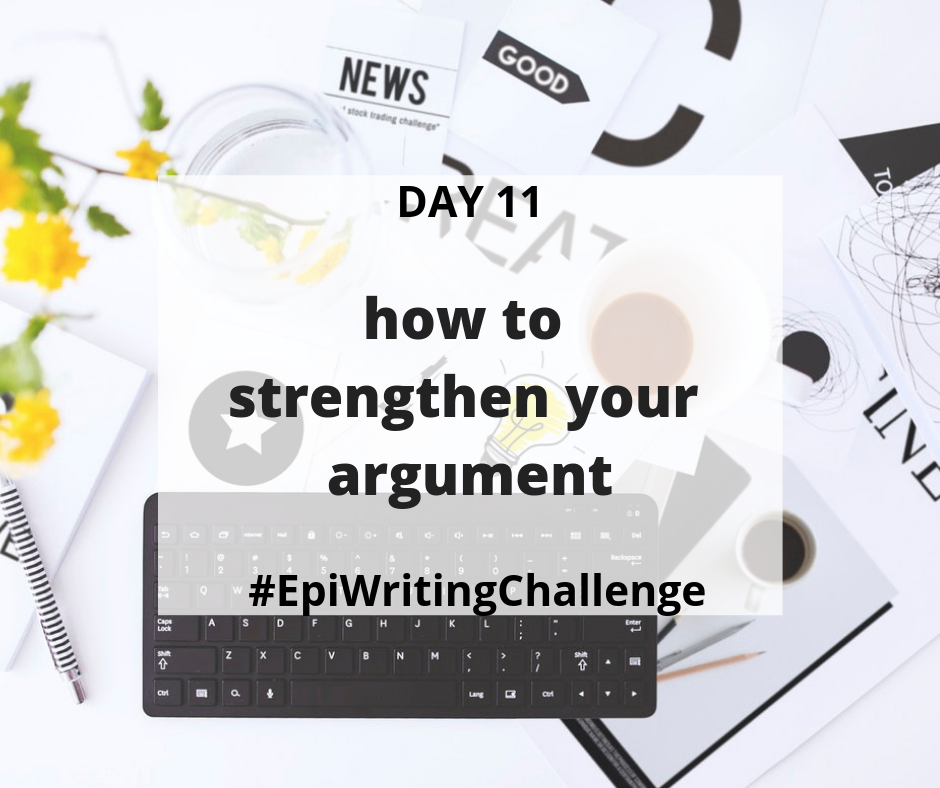
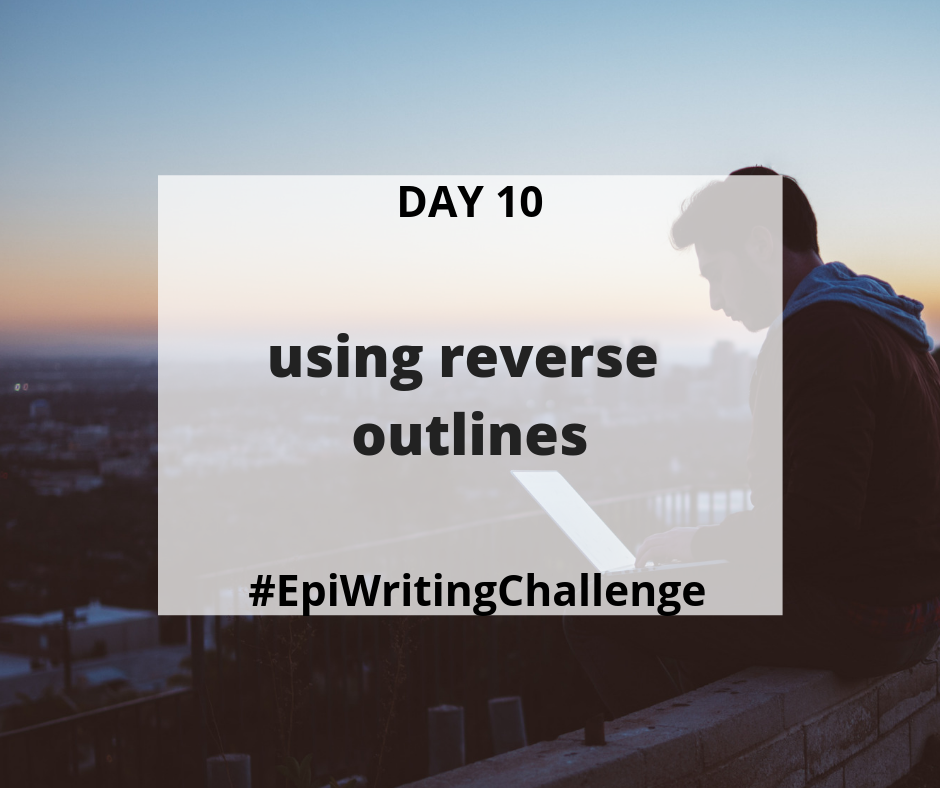
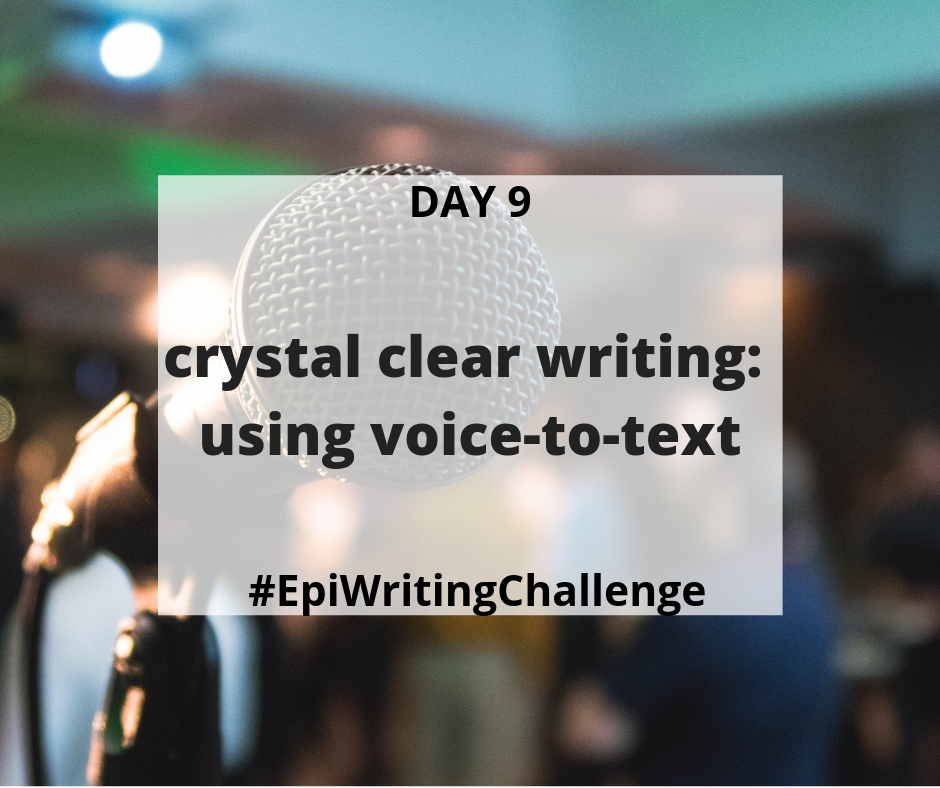
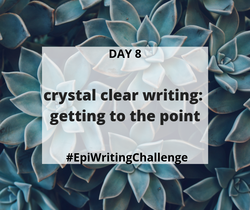
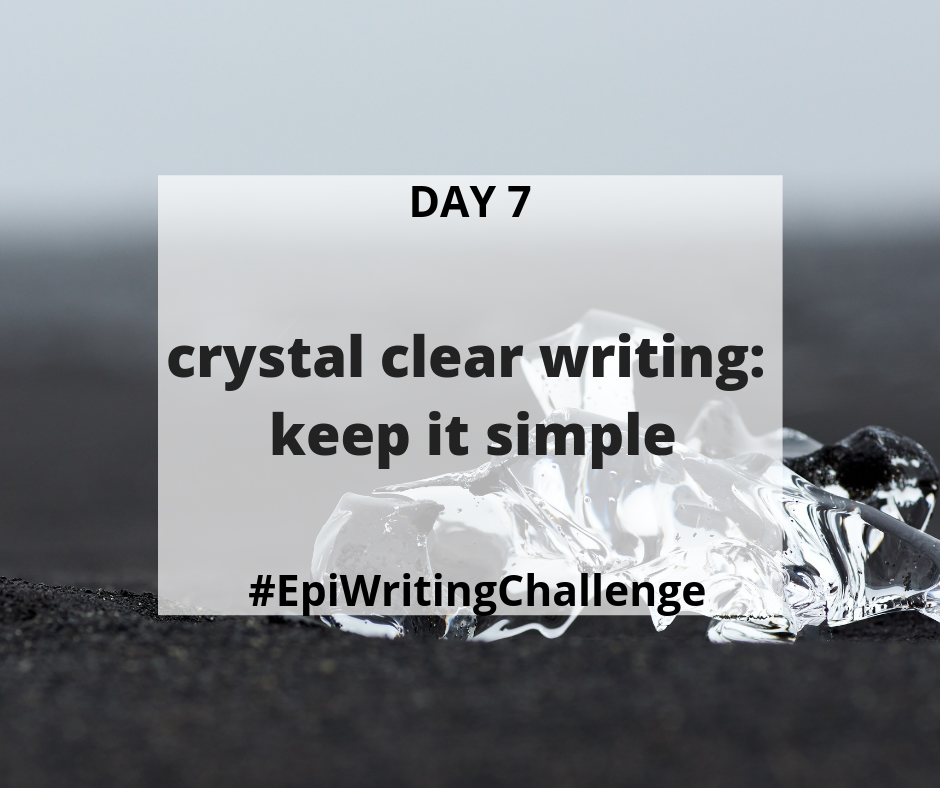
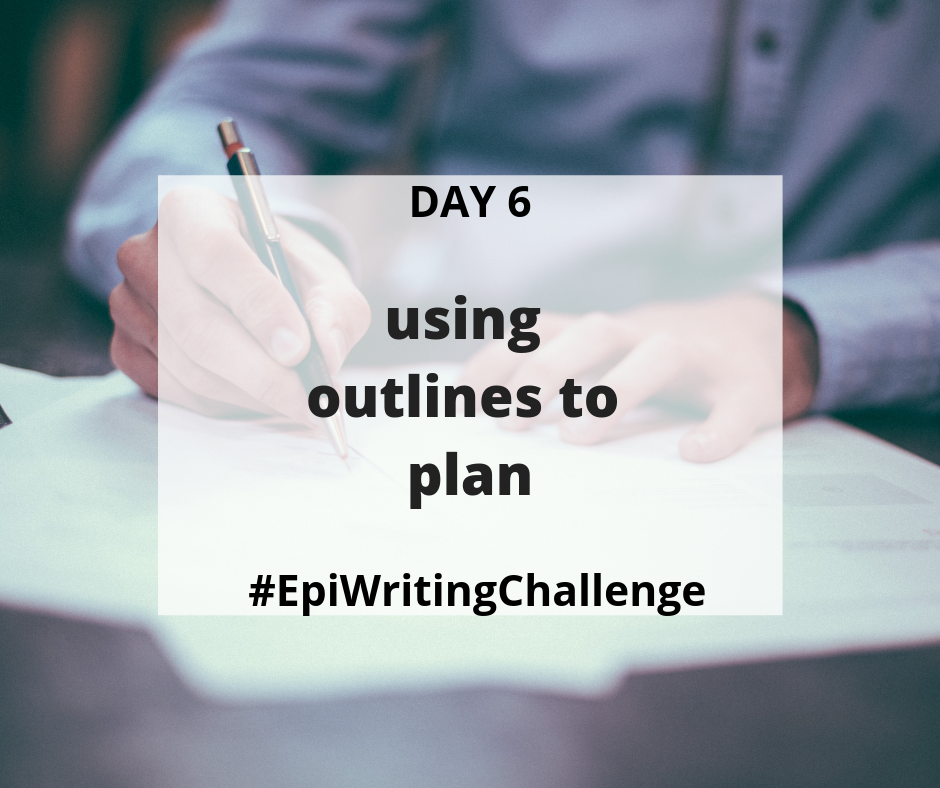
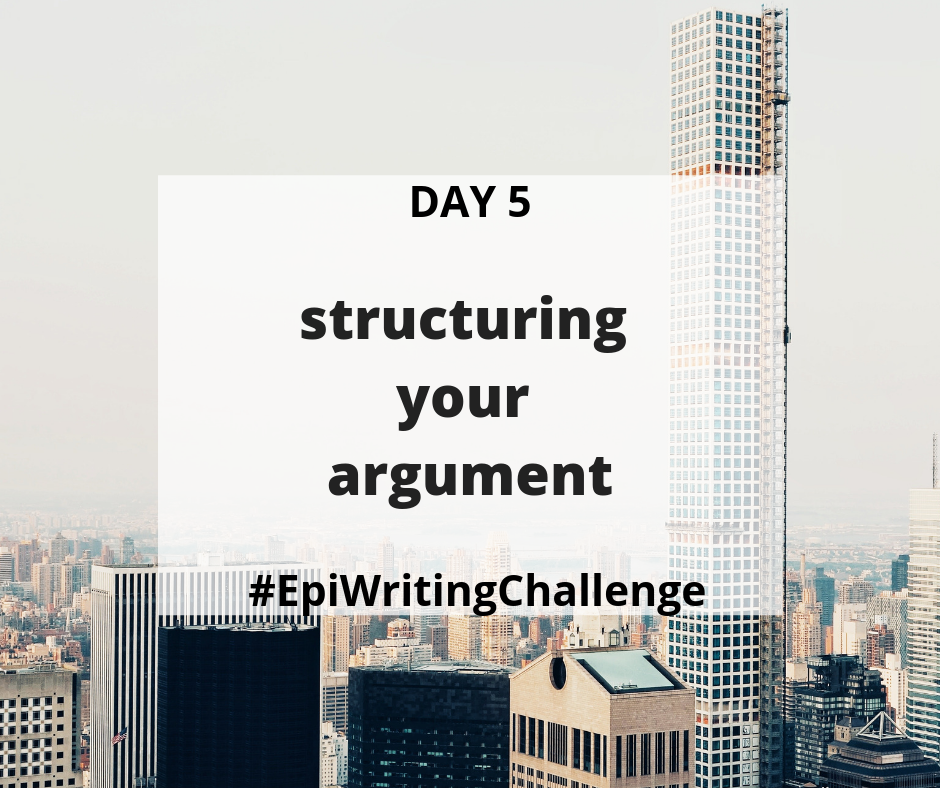

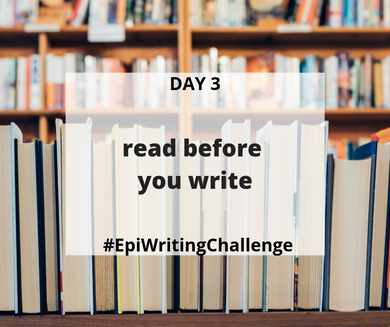
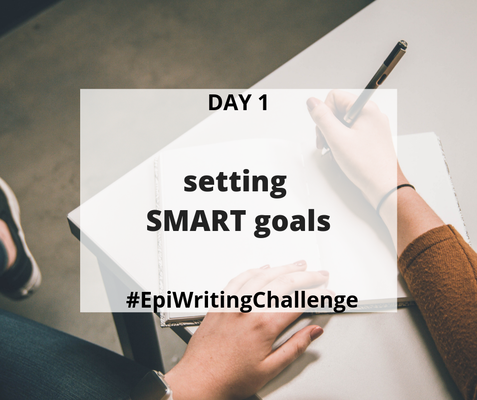



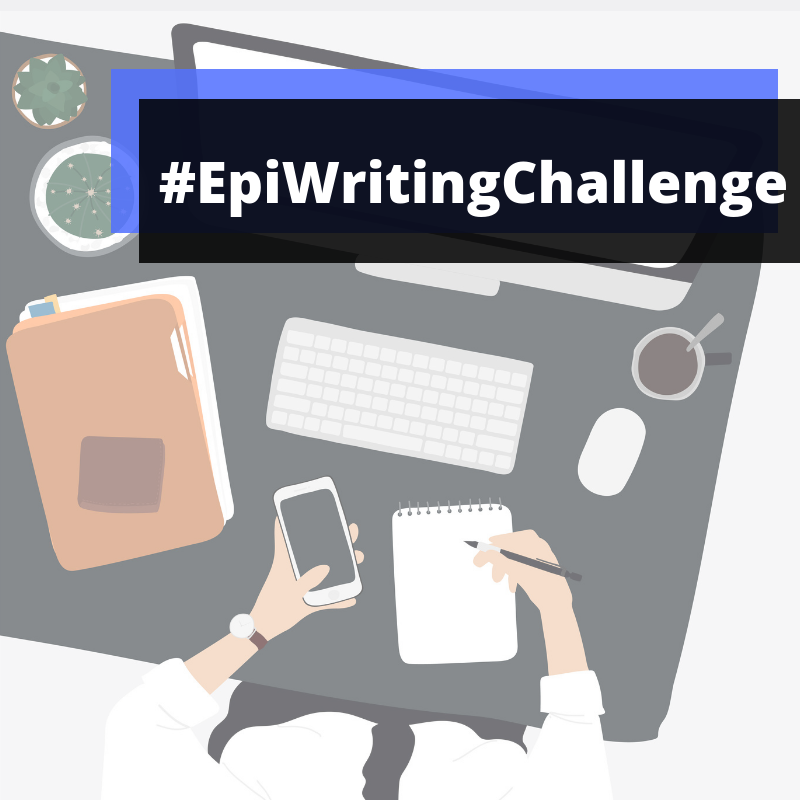



 RSS Feed
RSS Feed